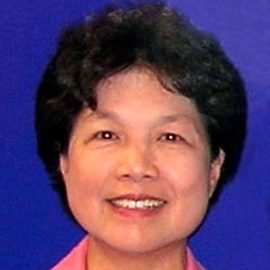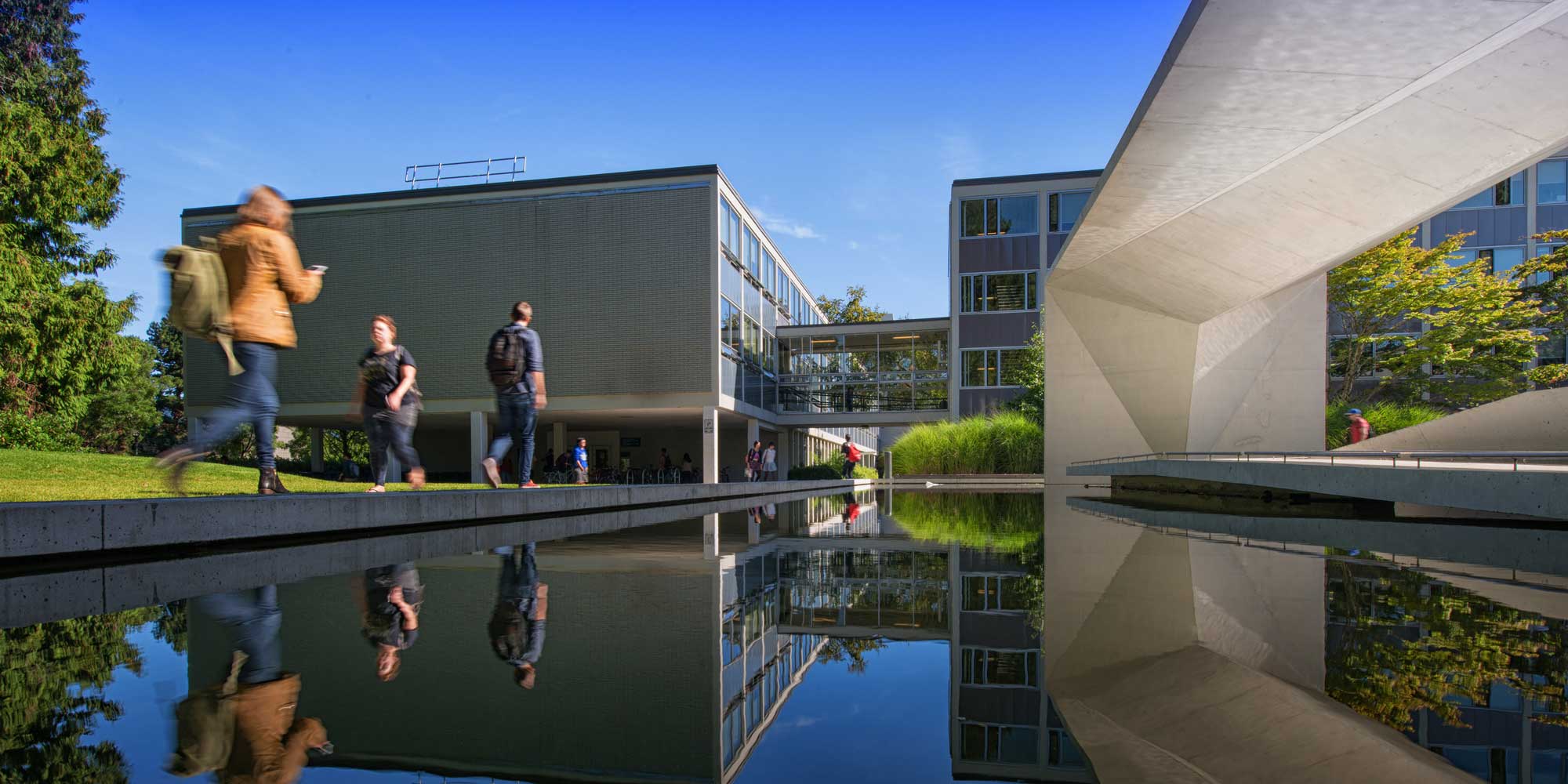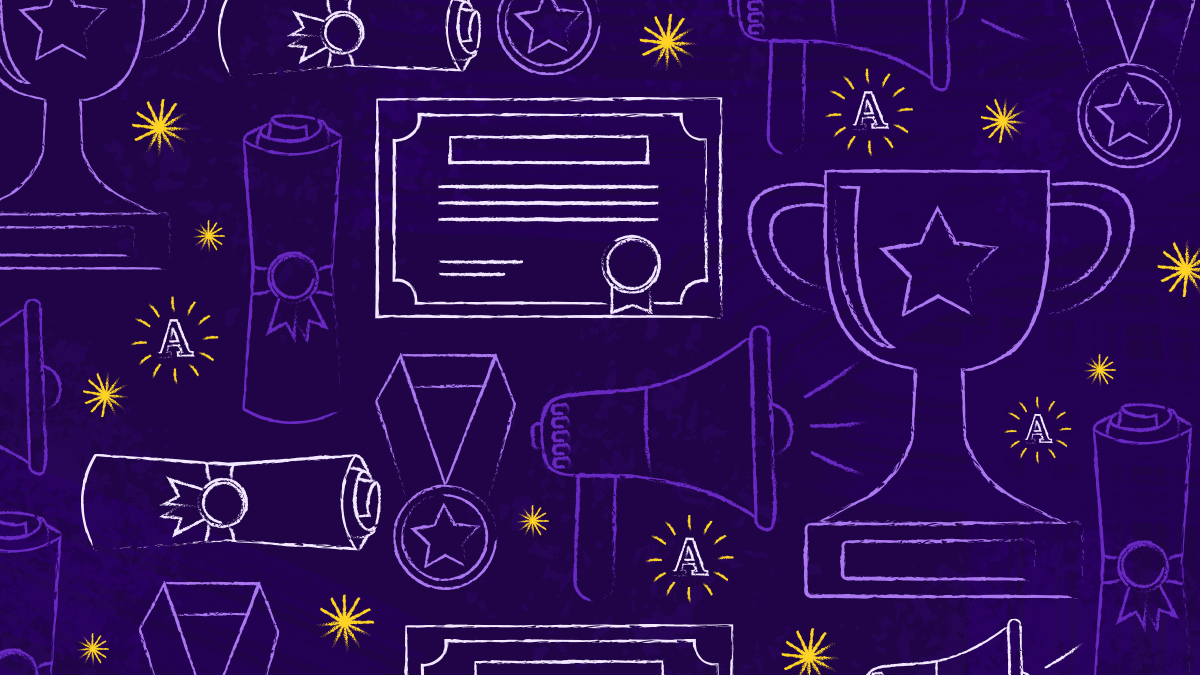When Professor Duanduan Li joined UBC from New York City’s Columbia University in 2003, she did so for a specific reason.


Prof. Li had worked as director of Columbia’s Chinese language program and was attracted to UBC because of its large community of heritage language (HL) learners — students with a background, though not necessarily a fluency, in the language being taught.
The Faculty of Arts is home to one of the largest Chinese language programs outside China, with nearly 2,500 registrations; the vast majority of these students — almost 80 per cent — can be considered HL learners.
UBC also boasts the only Chinese language program in Canada to offer four years of instruction in both traditional and HL tracks.
In new research, Prof. Li investigates the unique needs of students enrolled in the HL track.
The research will be the basis of Languages, Literacies and Identities of Chinese HL Learners, a project for which Prof. Li, and co-investigator Professor Patricia Duff (Education), received $91,561 in Social Sciences and Humanities Research Council funding.
Because of the students’ familiarity with the language, HL courses need a pedagogical approach that is different from traditional language instruction, which starts at a basic level and focuses on speaking, listening, reading, and writing.
For the heritage Chinese language courses, Prof. Li and her colleagues try to avoid teaching basic grammar — which most students are already comfortable with — but build upon existing language skills to make their courses more engaging and challenging.
“They can speak the language, some of them pretty fluently, but they want to learn how to read and write, especially the more formal genres,” Prof. Li says.
The approach addresses the occasional and erroneous criticism that HL learners are after easy credits by pursuing study in a language they are already familiar with.
“Earning easy credits is not the students’ fault; it is the institution’s fault,” Prof. Li says. “If we create appropriate courses for these students, setting appropriate learning goals and requirements, we can help develop their HL to higher levels of proficiency.”
A survey querying students on their educational needs found most were interested in learning more about Chinese culture, history, and literature, than about pure language instruction.
Many HL learners, she points out, regard this learning not simply as a way of connecting with their past, but also as a way of improving their career prospects.
“For many HL learners, it’s not just learning what their parents or grandparents speak,” Prof. Li says. “They have a lot of investment in the future, too. Especially for China, because this is the fastest growing economy in the world, and many students say, ‘If I have to learn a foreign language, why don’t I learn my own?’”
Prof. Li argues there are many advantages to improving language instruction for HL learners.
“You may spend 10 years to train a traditional foreign language learner to speak as fluently as an HL speaker who only needs to study one, two, or three years.”
For her research, Prof. Li will conduct a three-year longitudinal study of 20 UBC students.
Because one of the challenges of teaching Chinese is the remarkable diversity among those who speak the language, Prof. Li selected her participants from four subgroups: five students from China, five from Taiwan, five from Hong Kong, and five born in countries where Chinese speakers are a minority, such as Canada, the United States, and Peru.
Even something as straightforward as language instruction is made more difficult by the variety of Chinese spoken. While the largest group of heritage learners at UBC is originally from Hong Kong, a Cantonese-speaking region, there are many Mandarin- and other Chinese dialect-speaking students as well. “Cantonese speakers cannot speak Mandarin; Mandarin speakers cannot understand Cantonese. And even in Mandarin, we have Taiwanese Mandarin, we have Beijing Mandarin — all kinds of Mandarin. It’s very interesting,” Prof. Li says.
There are also different scripts associated with the different varieties of Chinese.
“[The students] have affiliations with different communities and have different interests. Or different stereotypes of other kids, you know, even though they look almost the same.
“One of the questions I want to address is how do social, political, economic, and cultural values affect the attitudes of heritage language learners from different regions and subcultures of Chinese speakers toward different varieties of spoken and written Chinese.”
Another issue Prof. Li will address is the role of HL learning in the students’ ongoing negotiation of their multiple/hybrid identities at home, at university, and in the wider community.
Prof. Li remains committed to increasing enrolment in Chinese language courses for non-heritage learners.
“Even though I am an advocate of HL learning,” she says, “I also believe non-heritage language learning shouldn’t be sacrificed just because HL learners are here. The different tracks with distinctive curricula addressing the students’ various backgrounds and needs are an important measure to protect our non-heritage students from being ‘intimidated’ by HL speakers.”
In fact, the enrolment of non-heritage Chinese learners’ in language courses has doubled at UBC since 2003.
Prof. Li sees HL learning and teaching as essential, especially in a country such as Canada that bills itself as a multicultural, globalized society. She hopes this research will reinforce the important role that HL learning plays.
“I am trying to find out what motivates HL learners — at universities especially — to learn their heritage language, and why learning this language is important to them, their families, and communities. It’s a personal resource and it’s a national resource.”


